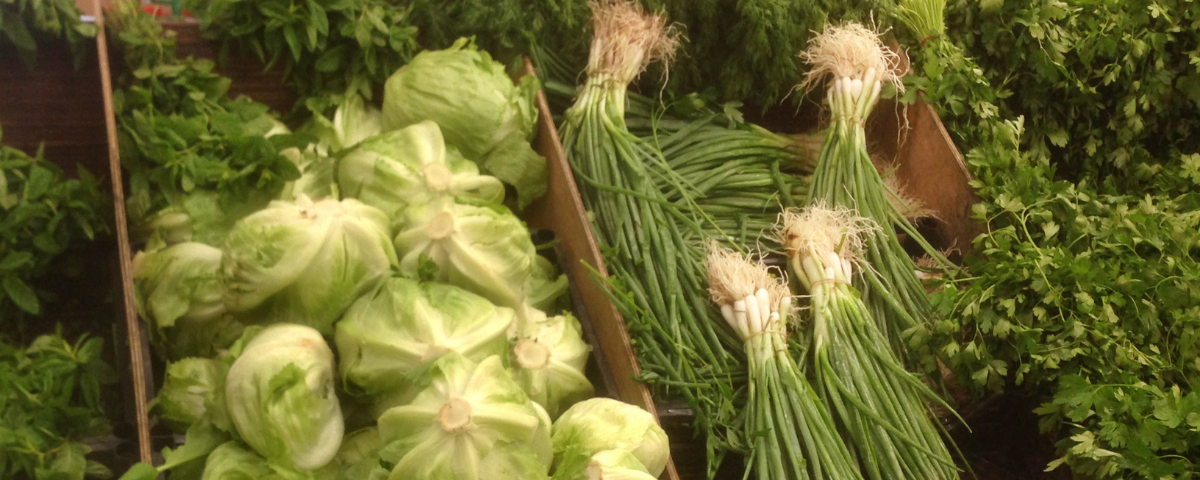How to Store Picky Vegetables
Once your fruit and vegetable harvest is in, it’s time to store them properly. Once they’re dry and ready to eat, they’re on their way to becoming way more enjoyable, whether you’re cooking them, adding them to salads, or making a smoothie-but they’re not all the same!
Effective Storing Tops For Your Vegetables
Here are a few tips to be aware of when storing your vegetables:
Keep the vegetables dry and in food-grade containers. Storing vegetables is a must for many people who don’t have access to quality produce, as well as those who want to be able to enjoy their products right away. However, many people have no idea how to best store their vegetables to ensure they will keep fresh and delicious. One of the best ways to store vegetables is to remove any excess moisture, which can be done in one of two ways: by storing vegetables in a food-grade plastic storage bag or by using a container that is completely airtight.
- Keep them away from light and moisture to keep your food fresher for longer. Keep your vegetables away from light and moisture to keep them fresher for longer. One of the best ways to help your vegetables stay fresh for a long time is to store them in a cool, dry place. However, most of us are too busy to take the time to do this. Fortunately, there are a couple of easy tricks you can do to help keep your food fresh. Make sure that you don’t leave your food in direct sunlight or near sources of moisture. Additionally, consider employing appropriate testing services to ensure your storage area is free from harmful mold. Regular testing followed by mold removal in North Kingstown, RI (or wherever you live) can help identify hidden mold issues, allowing you to maintain optimal conditions for your vegetables.
- It is important to remember that many foods have a shorter shelf life than others. Leafy greens, for instance, tend to last longer if they are rinsed, wrapped in a paper towel or tea towel, and refrigerated in a container or sealed plastic bag.
- Place the Asparagus stalks in a sealed container and store them in the refrigerator. Prepare Asparagus by cleaning the stalks and removing the tougher bottom sections. Discard the bottom stalk and any flavourful parts. Place the Asparagus stalks on a paper towel and roll them up to remove excess moisture. Place the stalks in a sealed container and store them in the refrigerator for up to three days.
- Root vegetables and squash are best stored in dark, dry spots. Root vegetables are best stored at room temperature in a dark and dry place. This can be your pantry, or if you have a high amount, then even in the basement. However, first you need to ensure that the space is made safe for storage by professionals in basement waterproofing delaware, or wherever your home is located. This is very important because if they are stored in a waterlogged or moisture-heavy space, they can turn mushy, bruised, or even mouldy. Squash and root vegetables, such as carrots and potatoes, can last up to a month, but they need to be kept cool, dry, and dark, like a root cellar basement or cupboard, to preserve their texture and colour.
- Tomatoes should be stored away from direct sunlight and should be at room temperature. In addition to being more nutritious, store-bought tomatoes are usually a little tastier than home-grown ones. However, the bright colour and fresh, vinegary taste of a store-bought tomato can also be slightly deceptive. Although they’re a beautiful and nutritious choice, store-bought tomatoes are often picked while still fully green and thus have a particularly strong flavour. It’s important to know how to store tomatoes so you can enjoy the flavour of a fresh-picked tomato all year long.
- You can also freeze your vegetables. After you’ve picked your fresh produce, be sure to store it properly and save yourself from many months of low-quality juicy produce. One of the best ways of getting your produce to last for many months is to freeze them. Just make sure you first wash and dry them thoroughly, as excess moisture can ruin your produce.
When you’re picking vegetables from your garden, the last thing you want to do is let them sit around in the open air, exposed to the elements and temperatures. And if you’ve been toying with the idea of backyard gardening, you know that vegetables need to be stored away from the sunlight as much as possible and kept cool, to avoid a lack of freshness.
Before you start storing your vegetables…
Rinsing, wrapping, and refrigerating produce can help prevent spoilage and extend its shelf life. Rinsing helps remove any dirt or grit that may affect the taste or texture of the produce. Some people even rinse their product as soon as they’ve picked it. If you do rinse, however, make sure to do it immediately by submerging the produce in a container of cool water. Do not let it sit or stand in water, or it will absorb the water and start to rot. You can even add a dash of fruit or vegetable juice to the rinse water to help prevent

